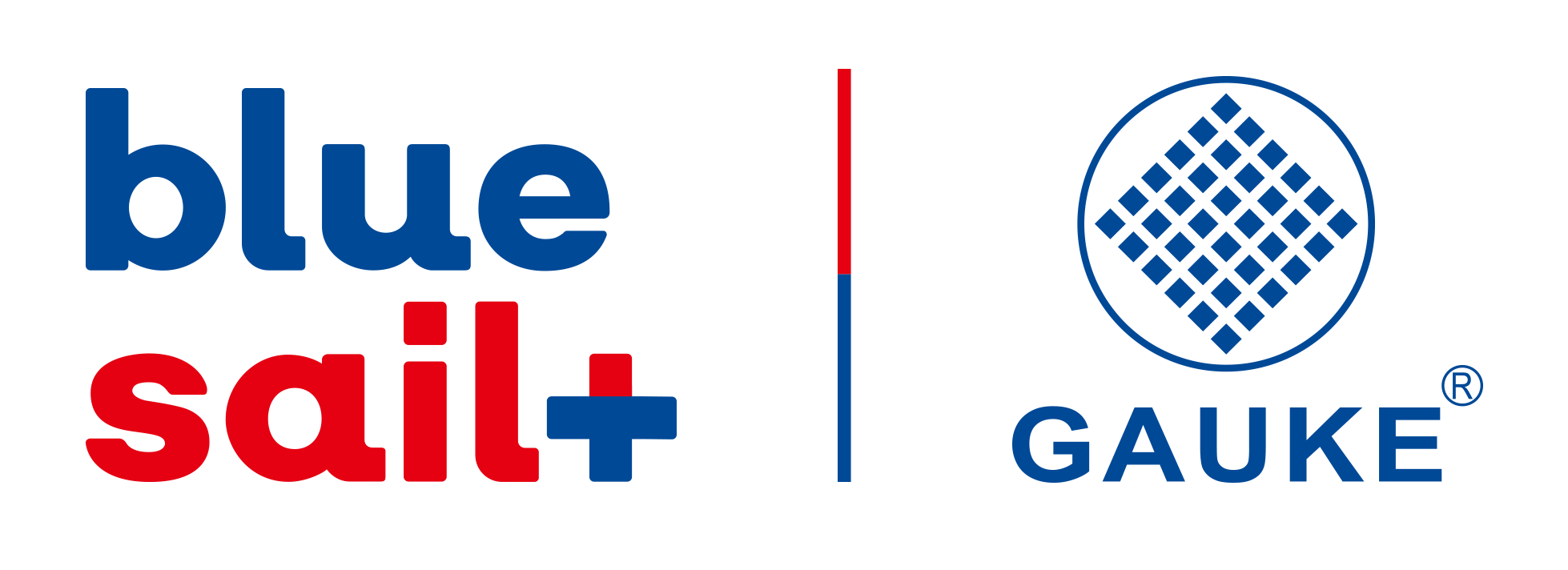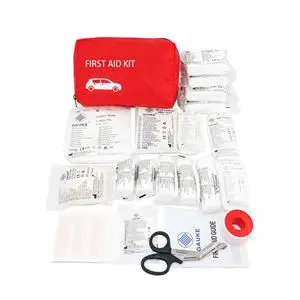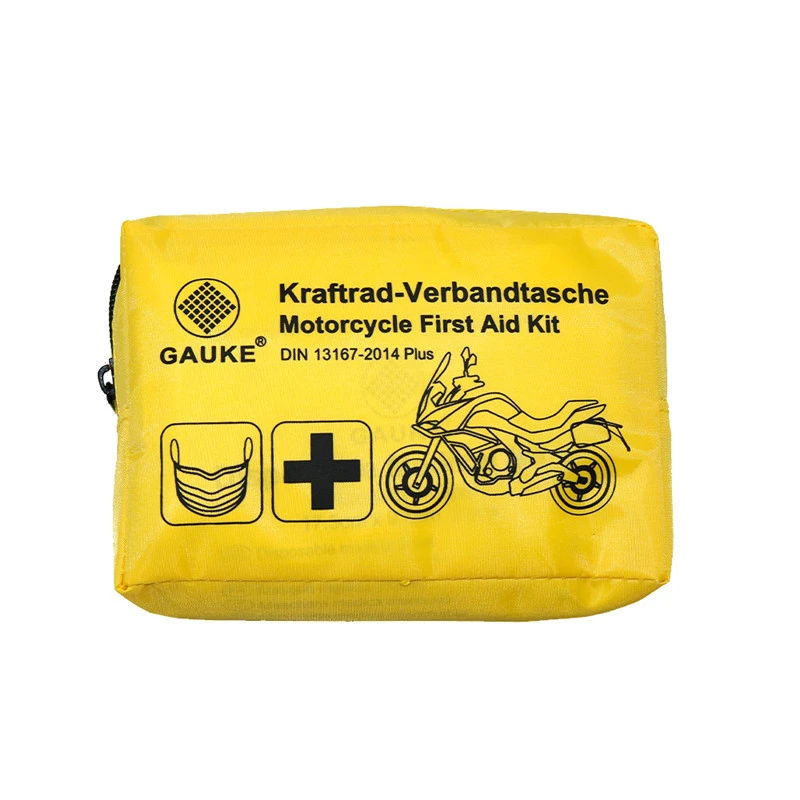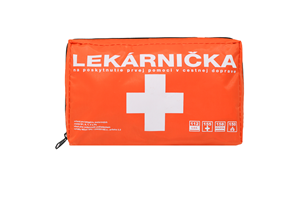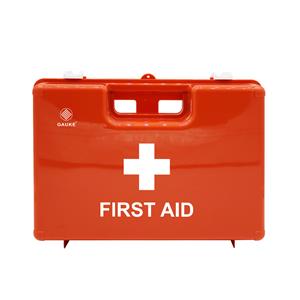The 10 Essentials for Your Home First Aid Kit
The 10 Essentials for Your Home First Aid Kit
A first aid kit is a collection of supplies and equipment that is used to give medical treatment to someone who is injured or becomes ill. It is usually kept in a handy place so that it can be accessed quickly in an emergency.
A well-stocked first aid kit can help you deal with most minor injuries and illnesses, and it could even save your life in an emergency. However, not all first aid kits are created equal. There are certain items that should always be included in a home first aid kit, no matter what. Here are the ten essentials you need to have in your home first aid kit:
1. Bandages
Bandages are used to protect wounds and to keep them clean. You should have a variety of sizes and types of bandages, including adhesive bandages, gauze pads, sterile dressings, and wrapping materials.
Your first aid kit should also include Band-Aids, which are small strips of adhesive bandage that are used to cover minor cuts and scrapes. Some Band-Aids even have antibiotic ointment on them to help prevent infection.
2. Antiseptic wipes, lotions, and powders
Antiseptic wipes, lotions, and powders are used to clean wounds and to prevent infection. They can also be used to clean your hands before giving first aid.
Antiseptic wipes such as Cetaphil or alcohol-based wipes are used to cleanse wounds
Lotions such as calendula cream or aloe vera gel can be used to soothe burns
Powders such as cornstarch or arrowroot powder can be used to absorb excess moisture and keep wounds dry
While many of these products can be used alone, it is best to use them in combination for maximum effect.
3. Sterile gauze pads
Sterile gauze pads are used to cover wounds and absorb blood. They come in a variety of sizes, so you should have a few on hand to cover small or large wounds. During an emergency, it is best to use sterile gauze pads rather than non-sterile ones.
And don't forget the tape! Gauze pads will not stick to skin without tape, so be sure to include some in your first aid kit.
4. Adhesive tape
Adhesive tape is used to hold gauze pads and bandages in place. It comes in a variety of widths and lengths, so you should have a few different sizes on hand.
For particularly hairy areas, you may want to consider using hypoallergenic tape. This type of tape is less likely to cause an allergic reaction. With regular adhesive tape, it is always a good idea to test a small area first to make sure you are not allergic to the adhesive.
5. Antibiotic ointment
Antibiotic ointment is used to prevent infection in wounds. It can also be used to relieve pain and itching. Be sure to include a tube of antibiotic ointment in your first aid kit.
An antibiotic is a type of medication that kills bacteria or inhibits their growth. The antibiotic ointment contains an antibiotic, such as mupirocin, that is applied to the skin.
When used on wounds, antibiotic ointment helps to kill bacteria and prevent infection. It also provides a barrier that keeps the wound moist and helps to speed up the healing process.
The antibiotic ointment in your first aid kit should be used on minor cuts, scrapes, and burns. For more serious wounds, see a doctor.
6. Hydrocortisone cream
You may not think of hydrocortisone cream as a first aid essential, but it can be very helpful in treating minor skin irritations, such as poison ivy, insect bites, and sunburn. Be sure to include a small tube of hydrocortisone cream in your kit.
Hydrocortisone is a type of steroid medication that reduces inflammation. When applied to the skin, it can help to relieve itching, redness, and swelling.
Hydrocortisone cream is available over-the-counter in most pharmacies and grocery stores. However, it is important to use it as directed. Overuse of hydrocortisone cream can lead to side effects, such as skin thinning and increased bruising.
7. Aspirin
Aspirin is an anti-inflammatory and pain reliever medication. You can use it to relieve pain from muscle aches, headaches, toothaches, menstrual cramps, arthritis, and other conditions. Aspirin can also be used to reduce fever.
For pain relief, the recommended dose of aspirin is 325 mg every 4-6 hours. For fever reduction, the recommended dose is 650 mg every 4 hours.
Aspirin should not be given to children or adolescents under the age of 18 unless directed by a doctor. This is because aspirin has been linked to a condition called Reye's syndrome, which can be fatal.
8. Non-latex gloves
Latex gloves are typically used by healthcare professionals to protect themselves from exposure to blood or other bodily fluids. However, latex gloves can cause allergic reactions in some people. For this reason, it is best to use non-latex gloves when providing first aid.
Non-latex gloves are available in most pharmacies and grocery stores. Be sure to include a box of non-latex gloves in your first aid kit.
9. Tweezers
It can be used to remove ticks, splinters, and other external objects from the skin. They can also be used to pluck eyebrows and other facial hair.
Be sure to include a pair of tweezers in your first aid kit. When using tweezers, be careful not to squeeze the splinter or tick. This could cause the object to break and remain in the skin.
10. Scissors
Scissors are a versatile tool that can be used for a variety of purposes, including cutting Band-Aids and gauze, trimming hair, and clipping nails.
Be sure to include a small pair of scissors in your first aid kit. When using scissors, be careful not to cut yourself or anyone else.
Final Thoughts
There you have it! These are the 10 essentials for your home first aid kit. By having these items on hand, you'll be prepared for minor injuries and illnesses. Whether you're dealing with a cut, scrape, or bug bite, these items will come in handy.
Looking to Get a First Aid Kit for Your Home?
If you're looking for a quality first aid kit, Gauke Healthcare has you covered. Our kits are packed with essential items, such as antibiotic ointment, hydrocortisone cream, aspirin, and non-latex gloves, to help you treat minor injuries and illnesses. Plus, our kits come in a variety of sizes to meet your needs.
Order your Gauke Healthcare first aid kit today and be prepared for anything!
